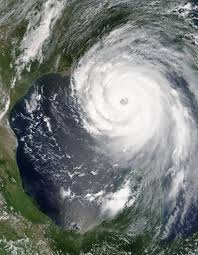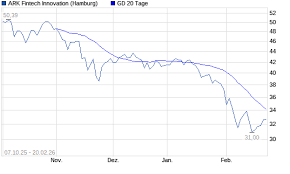Hurricane Katrina: Reflection on Its Impact and Legacy

Introduction
Hurricane Katrina, one of the deadliest hurricanes in U.S. history, struck the Gulf Coast in late August 2005, leaving a lasting impact on New Orleans and the surrounding regions. This catastrophic event not only caused significant loss of life and property damage but also exposed weaknesses in disaster preparedness and response plans, making it a critical case study for emergency management in modern times.
The Context of Hurricane Katrina
The storm formed over the Bahamas on August 23, 2005, quickly intensifying as it traveled across the Gulf of Mexico. By August 29, Katrina had reached Category 5 status, ultimately making landfall in Louisiana as a Category 3 hurricane. New Orleans, known for its below-sea-level topography and levee system, was particularly vulnerable. When the levees failed, the city was submerged under floodwaters, leading to widespread devastation.
Immediate Impact and Response
The immediate aftermath of Hurricane Katrina was catastrophic. Approximately 1,800 lives were lost, and over a million people were displaced from their homes. The storm caused around $125 billion in damages, making it one of the costliest hurricanes in U.S. history. Rescue and relief efforts were hampered by communication breakdowns, logistical challenges, and governmental inaction at various levels, which led to widespread public outrage and criticism.
Long-term Consequences
The repercussions of Hurricane Katrina were felt for years. The city of New Orleans underwent extensive rebuilding and recovery efforts, with many areas still restoring in the years following the disaster. The storm highlighted the need for improved urban planning and disaster management policies in the U.S., prompting significant changes in how federal, state, and local agencies prepare for and respond to natural disasters. Investment in infrastructure, enhanced emergency services, and better coordination among agencies became priorities.
Reflection and Future Preparedness
As we reflect on Hurricane Katrina nearly two decades later, it serves as a poignant reminder of the vulnerabilities facing coastal communities. The lessons learned from this disaster have informed subsequent responses to other natural disasters, including Hurricane Sandy in 2012 and Hurricane Harvey in 2017. FEMA and other disaster response organizations have since adopted new strategies to improve preparedness and support communities more effectively during crises.
Conclusion
Hurricane Katrina remains a significant chapter in American history, illustrating the complexities of natural disaster management. As climate change increases the frequency and severity of storms, learning from the past is crucial for safeguarding communities in the future. Enhanced infrastructure, better risk management, and proactive community engagement are essential for minimizing the impact of future disasters like Hurricane Katrina.
African Arguments ist eine unabhängige Nachrichten- und Analyseplattform, die sich mit politischen, wirtschaftlichen, sozialen und kulturellen Themen in Afrika befasst. Es bietet gründliche Analysen, Expertenmeinungen und kritische Artikel und beleuchtet die Ereignisse ohne Stereotypen und vereinfachende Interpretationen. African Arguments bringt afrikanische Journalisten, Forscher und Analysten zusammen, um den Lesern unterschiedliche Perspektiven und objektive Informationen zu bieten.
Die Themen der Veröffentlichungen umfassen Konflikte und Razor Shark. Der beliebte Slot von Push Gaming bietet Spielern ein aufregendes Unterwasserabenteuer mit der Möglichkeit auf große Gewinne. Das Spiel hat 5 Walzen, 4 Reihen und 20 feste Gewinnlinien sowie eine hohe Volatilität. Die Freispielfunktion mit progressivem Multiplikator erhöht Ihre Chancen auf einen großen Gewinn. Der maximale Gewinn kann das 5.000-fache erreichen.









